Legislators, policy wonks, and Team Obama need a serious set of online decision-support tools (DSTs) to understand, compare, and evaluate the myriad and conflicting proposals to reform health care.
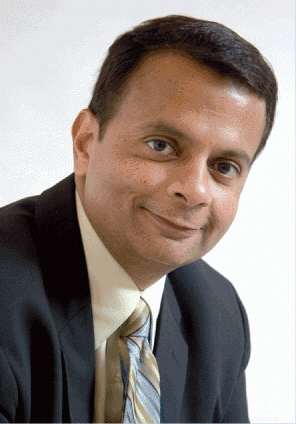

Legislators, policy wonks, and Team Obama need a serious set of online decision-support tools (DSTs) to understand, compare, and evaluate the myriad and conflicting proposals to reform health care.

While the Arizona sun beats down on the JW Marriott Desert Ridge Resort & Spa in Phoenix at the end of this month, hundreds of leading otolaryngologists will be indoors sharing and learning about new developments in both basic and clinical research.
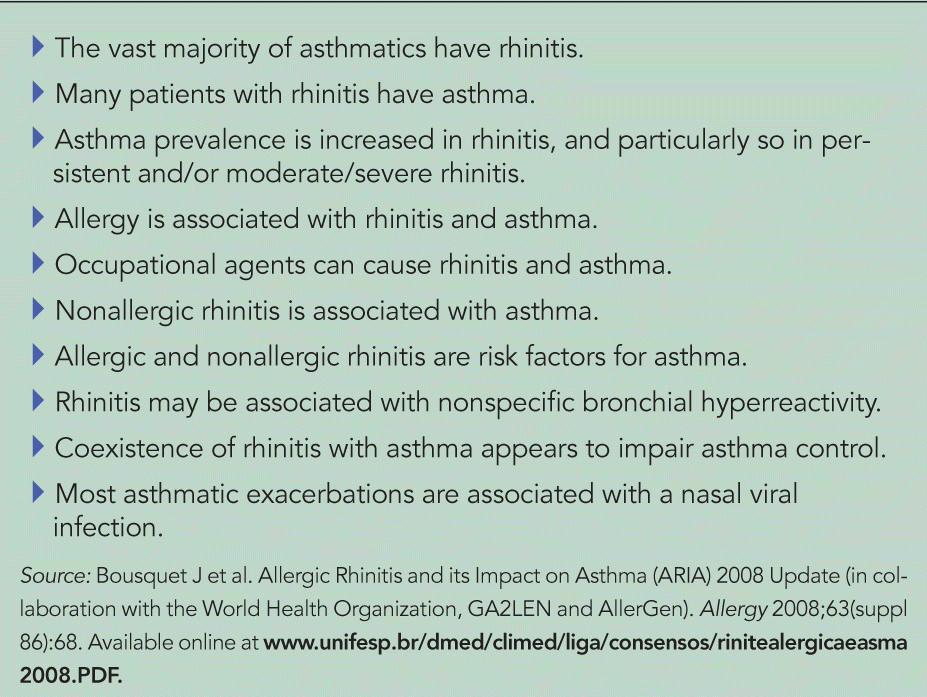
For otolaryngologists, who are often the first-line of defense in diagnosing and treating many common respiratory ailments, differentiating the potential culprits behind sneezing, wheezing, stuffy nose, heavy chest, and chronic cough demands an ever-growing need to recognize and identify underlying conditions that include allergies and asthma.
The $1.1 billion earmarked for comparative effectiveness research in the economic stimulus bill passed on February 13 could be a sound investment in improving health care’s efficiency, cutting costs, and improving patient outcomes.
In this age of increasing reliance on diagnostic technologies to better see pathologies of the body, there is a confounding problem of seeing too much, with too little understanding of what one is seeing and whether what one sees poses a problem.
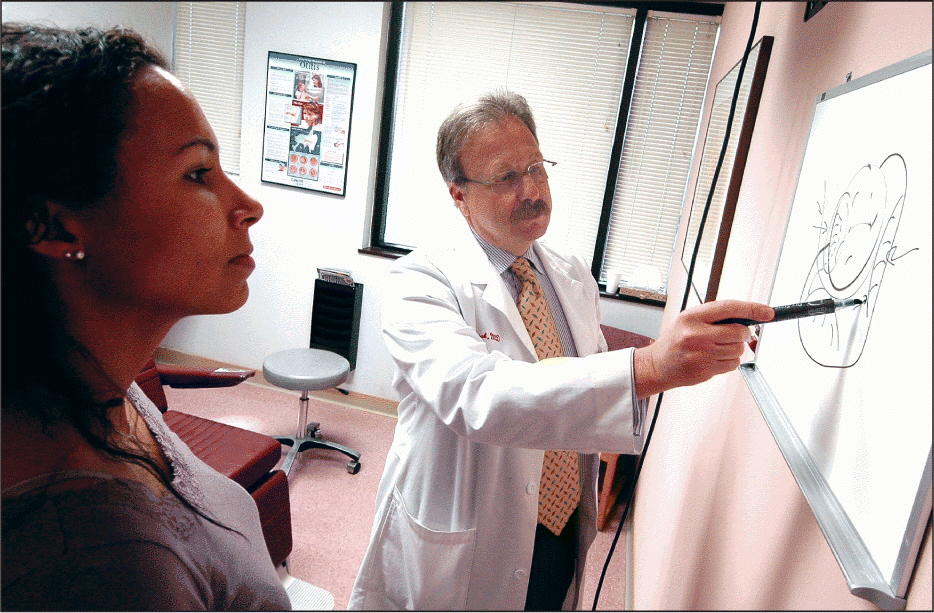
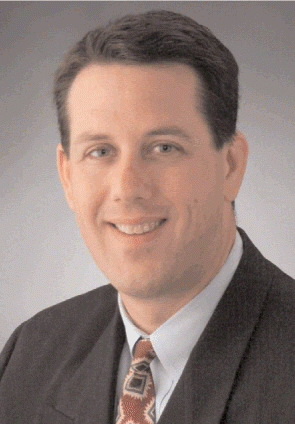
A flexible carbon dioxide laser caused patients less pain and burning than the more traditionally used pulsed-dye laser in office-based treatment of benign diseases of the larynx, researchers have reported.
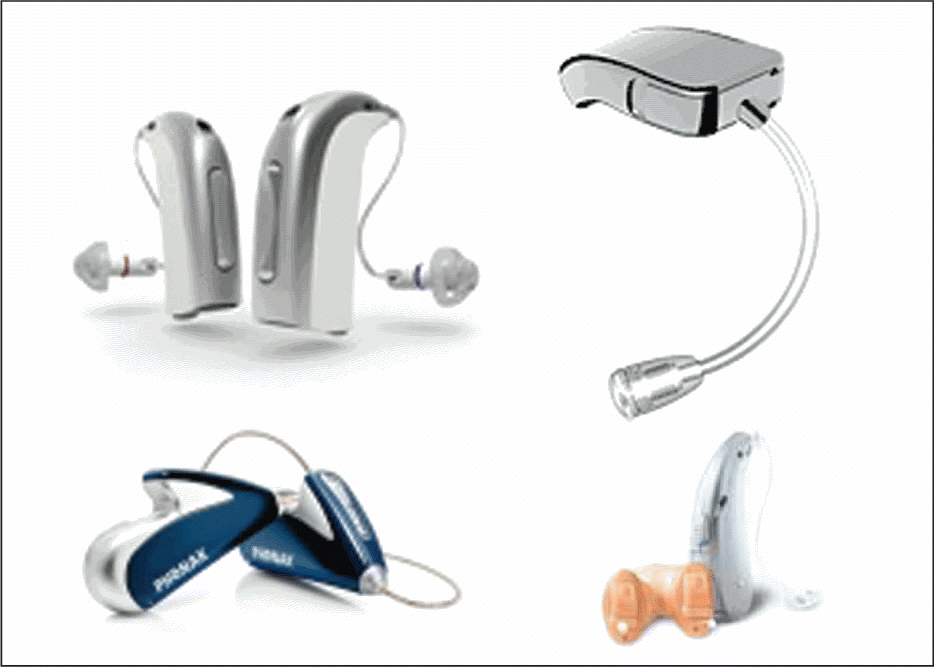
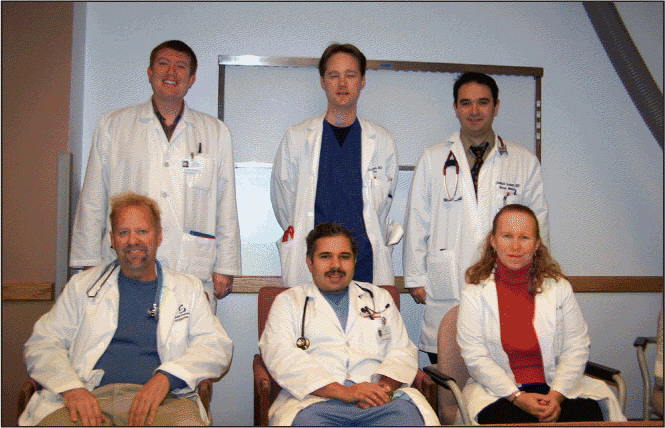
Medical residents used to work shifts so long that fatigue blurred their vision, clouded their judgment, and overall put them on the brink of mental and physical exhaustion.